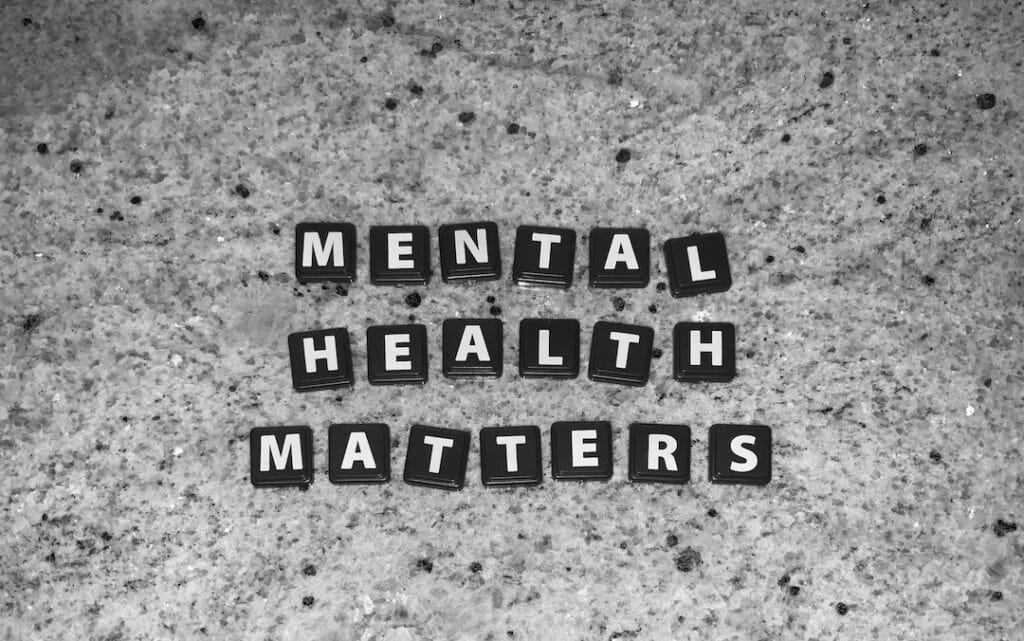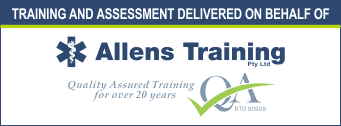Are Mental Health First Aid Courses Worth It? | My First Aid Course
Are Mental Health First Aid Courses Worth It?
Whether it’s apparent to us or not, we are currently living amid a mental health crisis.
With approximately 1 in 5 Australians experiencing a mental health issue every year, mental health problems can affect anyone, regardless of age, gender, or background.
Whether it’s a friend, family member or work colleague, it’s crucial that employers take mental health seriously and provide support for their employees. One suggested way to do this is by providing mental health first aid training in the workplace.
In this article, we will discuss the effectiveness and benefits of mental health first aid training in workplaces and the potential return on investment of time and money for employers.
In this article:
If you enjoy this article, please consider sharing it with friends and colleagues!

What is mental health first aid?
Similar in meaning to traditional first aid, mental health first aid is simply the act of giving support to someone who is experiencing a mental health problem or crisis until the person receives professional help or the crisis resolves.
Mental Health First Aid Australia (MHFA Australia) have designed courses specifically for all areas of the community and work environments, including working with young people.
What is a mental health first aid course?
A mental health first aid course is designed to teach individuals how to provide initial support to someone who may be experiencing a mental health crisis or developing a mental health problem. This can be anything from the more obvious mental health crises, like panic attacks or extreme mood changes, to less obvious ones, such as significant tiredness, or suicidal thoughts.
The course covers a range of mental health conditions, including:
- Depression and mood disorders
- Anxiety disorders
- Psychosis
- Substance use disorders
- Eating disorders
- Trauma and stress-related disorders
The course also covers a range of skills and strategies to assist someone experiencing a mental health crisis, such as:
- Recognising the signs and symptoms of mental health problems
- Providing initial support and reassurance
- Encouraging self-help strategies and professional help-seeking
- Understanding and challenging stigma and discrimination surrounding mental health
- Developing an action plan to support someone in crisis
- Providing appropriate resources and referral pathways for ongoing support
In addition to the above, mental health first aid courses also cover important topics such as confidentiality, self-care, and legal and ethical considerations when assisting someone experiencing a mental health crisis.
Latest research on mental health first aid course outcomes
Some might argue that MHFA training may not be effective, however, in two randomized controlled trials with the Australian public, the mental health first aid program developed by Betty Kitchener and Professor Tony Jorm, was found to improve knowledge, attitudes, and help behaviours, and even benefit the mental health of participants.
We believe mental health training is incredibly valuable for Australian workplaces and forms a significant part of the solution to our current local and global mental health crisis.
Read on to find out how it can benefit your workplace health, safety, culture, and bottom line.

5 benefits of mental health first aid training in workplaces
1. Improved Mental Health Awareness
Mental health first aid training provides employees with the knowledge and skills to identify the signs and symptoms and early warning signs of a mental health crisis. MHFA courses help create a better understanding of the different mental health issues that exist and the impact they have on individuals. By increasing understanding and awareness of mental health issues, course participants are better equipped to recognise and support their colleagues who may be experiencing mental health challenges.
2. Reduced Stigma Around Mental Health
Mental health first aid training can help to reduce the stigma associated with mental health. It helps to create a more open and accepting workplace culture where employees feel comfortable discussing mental health issues with mental health first aiders without fear of judgement or discrimination. This, in turn, creates a more supportive work environment, which can have a positive impact on employees’ mental health and well-being.
By reducing the stigma around mental health, employees are likely to be open to receiving appropriate professional help and avert or resolve and crisis situation.
3. Improved Work Culture and Productivity
Improved employee mental health is of great benefit to the employee and employer like, improving work culture, productivity, work satisfaction and brand.
Here’s how mental health first aid courses improves workplace culture and productivity:
Increased Engagement: Employees with good mental health are more likely to be productive, engaged, and motivated at work. They are also less likely to experience burnout or absenteeism, which can result in lost productivity for the employer.
Improved Employee Retention: Employees who feel valued and supported by their employer are more likely to stay with the company for longer periods. By investing in mental health initiatives, employers can create a positive workplace culture that fosters loyalty and retention.
Better Collaboration: Employees with good mental health are more likely to work collaboratively and effectively with others. They are also more likely to communicate openly and respectfully, which can lead to improved teamwork and better outcomes for the employer.
Positive Company Culture: A workplace that prioritises employee mental health can create a positive company culture that attracts and retains top talent. It can also improve the company’s reputation as a responsible and caring employer, which can enhance its brand and attract new customers.
During the instructor-led component of a mental health first aid program, MHFA instructors encourage questions and discussions between participants about how mental health can be better supported in a workplace setting, including proactive measures like physical health and first aid strategies.
4. Reduced Absenteeism and Presenteeism
Mental health issues are a leading cause of absenteeism and presenteeism in Australian workplaces.
Absenteeism causes loss of productivity and other potential additional costs to fill the gap of the absent employee.
Presenteeism, on the other hand, refers to the situation where employees are physically present at work, but productivity and effectiveness are compromised due to their mental health condition.
By providing mental health first aid training, employers can help to reduce the impact of mental health issues on their employees and their business. Employees who receive support for mental health issues are more likely to take time off work when they need it and are less likely to work while unwell, reducing the risk of burnout and the associated negative impacts on productivity.
5. Compliance with Work Health and Safety Legislation
Under the Work Health and Safety (WHS) laws in Australia, employers have a legal obligation to provide a safe and healthy work environment for their employees. As mental health is becoming an increased risk to employee health and safety, this obligation includes ensuring that employees have access to support for mental health issues.
Mental Health First Aid Australia courses can help employers to meet their obligations to provide a safe and healthy work environment by promoting early intervention and prevention of mental health problems, addressing workplace bullying and discrimination, and managing psychological injuries and workers’ compensation claims.
For more information on the employer’s obligations of health and safety pertaining to mental health, visit the Mental Health page at SafeWork Australia.
Conclusion
In conclusion, mental health first aid training is a valuable investment for workplaces in Australia. By providing this training, employers can improve mental health awareness, reduce stigma, support employee mental health, reduce absenteeism and presenteeism, and demonstrate compliance with work health and safety legislation. Mental health is a critical issue and a global movement is arising to combat this very real current crisis.
Employers have a responsibility to provide mental health support to their employees. Mental health first aid training is an effective way to provide this support and promote a positive workplace culture that prioritises the wellbeing of its employees.
Book a MHFA course in Brisbane
My First Aid Course Brisbane offer a range of mental health first aid courses delivered by MHFA Certified Instructors to workplaces throughout the Brisbane and South East Queensland region.
The standard mental health first aid course for the general workplace environment and members of the public, with a focus on adult mental health. The youth mental health first aid course (sometimes called teen mental health first aid) is designed for adults who work, live or care for adolescents, like teachers, parents, sports coaches and youth workers.
Check out more info and complete booking request today:
If you prefer to talk to someone or want other payment options, call and talk to one of our friendly staff on 07 3872 6777.
Get in touch today!



